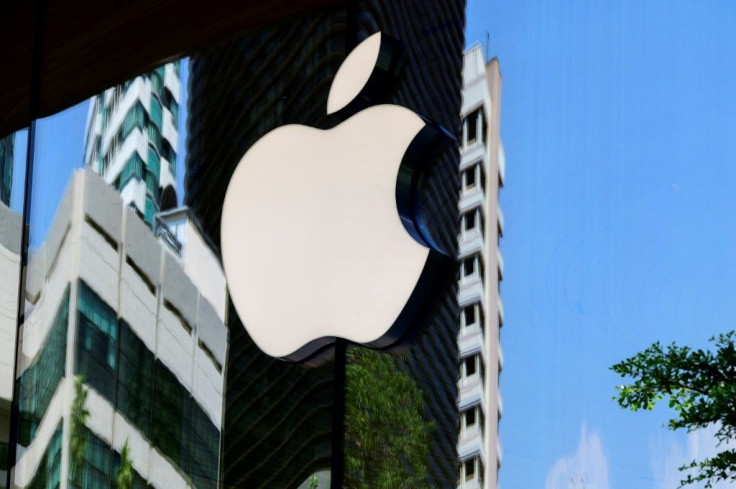Apple Car Might Use Infrared Headlights To Aid With Nighttime Visibility, Patent Reveals
KEY POINTS
- The patent suggests that infrared technology will help with nighttime visibility
- Infrared is near invisible to the human eye in most types of conditions
- It would allow Apple's car to capture high-resolution images up to 600 feet away
Speculation surrounding Apple's purported development of an autonomous vehicle has grown since the United States Patent and Trademark Office (USPTO) granted the company a patent that relates to its zero-emission platform dubbed "Project Titan."
The patent details the use of infrared technology to help with nighttime visibility on the road. The published documents were spotted by Patently Apple, which went to describe it as "multi-modal sensing" specifically geared toward the detection and recognition of objects.
"A combination of multiple complementary image sensing technologies may be employed to address the challenges of nighttime or low-light environment object detection and classification. For example, there may be looser or no restrictions on the illumination level of a near-infrared illuminator mounted on a vehicle [sic]," the document indicated.
Currently, most self-driving systems being tested still have some flaws that need to be addressed. One of those issues relates to low-light navigation which is limited by regulation regarding the illumination intensity discharge of traditional headlights so as not to blind oncoming motorists.
Therefore, some cameras used to spot pedestrians and obstacles in the vehicle's path may function as intended during the day but could be affected at night. The limited observation range may pose a safety risk or prompt the onboard AI via the path-planning algorithm to reduce travel speed as a precaution.
Since infrared is near invisible to the human eye in all types of conditions, its use in combination with other visual imaging technologies could potentially make self-driving cars more versatile. Technically, it would allow Apple's car to capture high-resolution images up to 600 feet away.
As with most patent applications and even those granted by the USPTO, it should be taken with a grain of salt or until Apple makes a formal announcement, said a report from iMore.
Safety concerns regarding the testing of autonomous vehicle technology have been brought up by the National Highway Traffic Safety Administration (NHTSA). The agency hopes to impose stricter regulations against carmakers that wish to test their driverless automobiles on public roads.
A crash between a Tesla sedan and a tractor-trailer, which took place in Detroit last week, is currently under investigation. The marque's Autopilot or FSD (full self-driving) is suspected as the possible cause. One of the EV's occupants is currently in critical condition due to severe head injuries, according to a report.

© Copyright IBTimes 2024. All rights reserved.




















